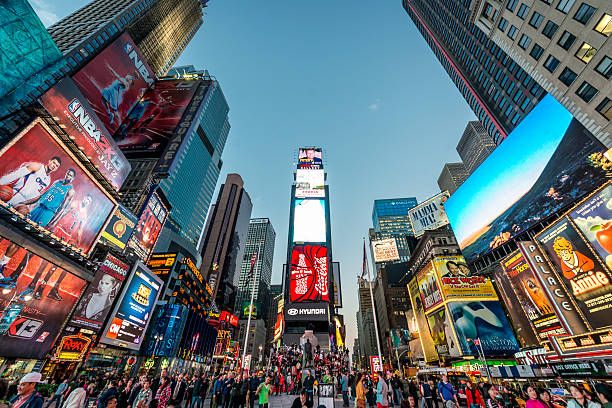South Africa looking at alternative trade routes as US insists on 30% exports tariff

South Africa is actively pursuing new trade partners following the US’s imposition of 30% tariffs on its goods. President Cyril Ramaphosa claimed they would look into new markets in Africa and the rest of the world.
He commented, “In the coming months, we will be scaling up our trade missions into new markets in Africa and beyond,” adding that they will ramp up the National Exporter Development Programme to prepare more local companies for export opportunities.
South Africa offers support for vulnerable companies affected by US tariffs
On Thursday, Trump slapped a 30% tariff on South Africa’s imports, the steepest rates in sub-Saharan Africa, a move central bank Governor Lesetja Kganyago cautioned could jeopardize over 100,000 jobs in agriculture and automobile industries.
South Africa’s main farm lobby also warned that the timing of the tariffs would immediately blow the country’s 35 billion-rand citrus sector, as it aligns with the current picking season.
The levies have already taken a toll on Jendamark Automation, an automotive machinery and software firm based in Gqeberha, which has lost deals valued at 750 million rand, equal to about $42 million.
Earlier, the country’s government said it was preparing a relief program to help businesses affected by the US reciprocal tariffs. Ramaphosa said the package would help companies, producers, and workers affected by the tariffs in what could be a long battle with Trump over trade.
He further contended that the country is still in talks with the US, and they even presented a framework deal. However, he stressed that they would do everything they could to assist South African companies in finding new external markets.
But Wandile Sihlobo, the chief economist at the South African Agricultural Business Chamber, warns that securing new markets will take much time and resources. He further noted, “Diversification should not be viewed as a replacement for the US, but as part of the long-standing focus on export expansion and growth strategy for the South African agricultural sector.”
The US is still South Africa’s second-largest export partner after China, with exports totaling $8.8 billion in the past year.
Trump accused SA’s government of genocide crimes
Since Trump’s inauguration, US relations with South Africa have deteriorated. Tensions first flared when Ramaphosa signed into law the Expropriation Bill in January, enabling the state to reclaim land without compensating owners in defined situations.
Trump then retaliated with threats to withdraw funding, citing what he described as “terrible things, horrible things” carried out by the country’s leadership.
He later signed an executive order suspending aid to the country, adding that South Africa had violated its citizens’ rights and adopted hostile stances toward the US and its ally Israel in the ICJ case.
The US president also accused the South African government of being complicit in the persecution of White farmers, which he followed with the opening of refugee channels for Afrikaners and the expulsion of the nation’s envoy.
Then, during a televised White House meeting in May, he launched a verbal attack on Ramaphosa, iterating his controversial genocide allegations.
The Trump administration’s confrontational stance has also extended to the BRICS bloc, whose key members are South Africa, Brazil, Russia, India, and China.
Cryptopolitan Academy: Want to grow your money in 2025? Learn how to do it with DeFi in our upcoming webclass. Save Your Spot







